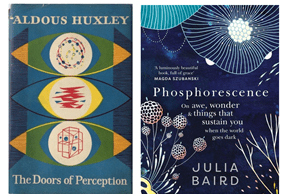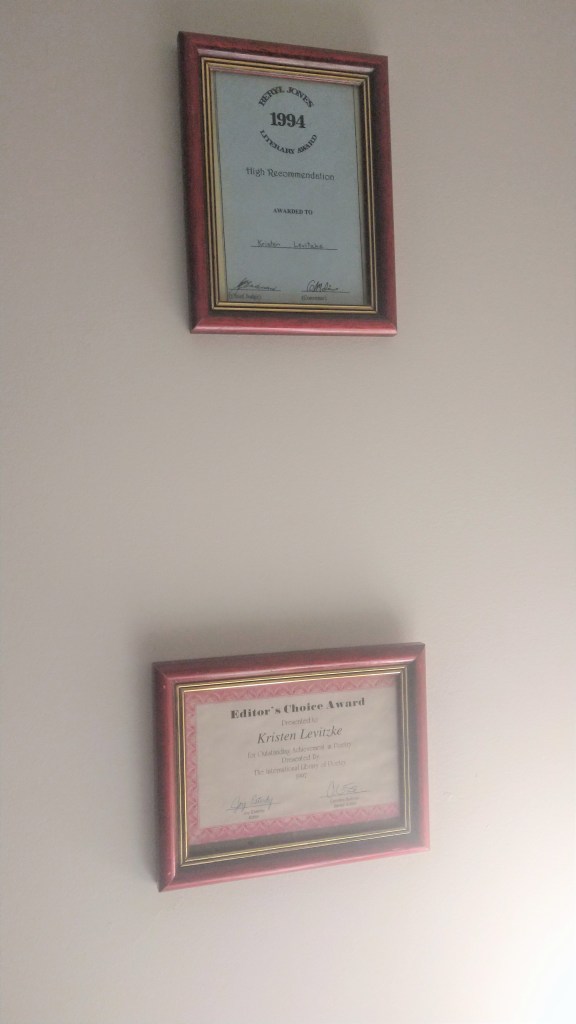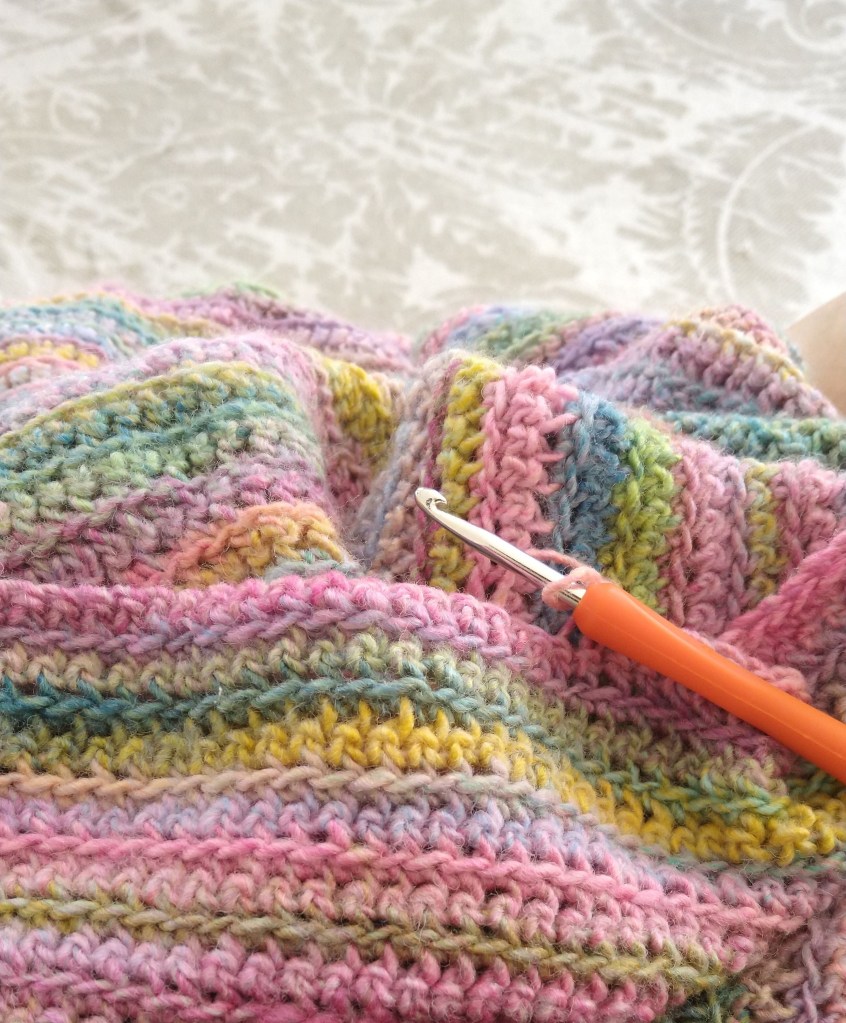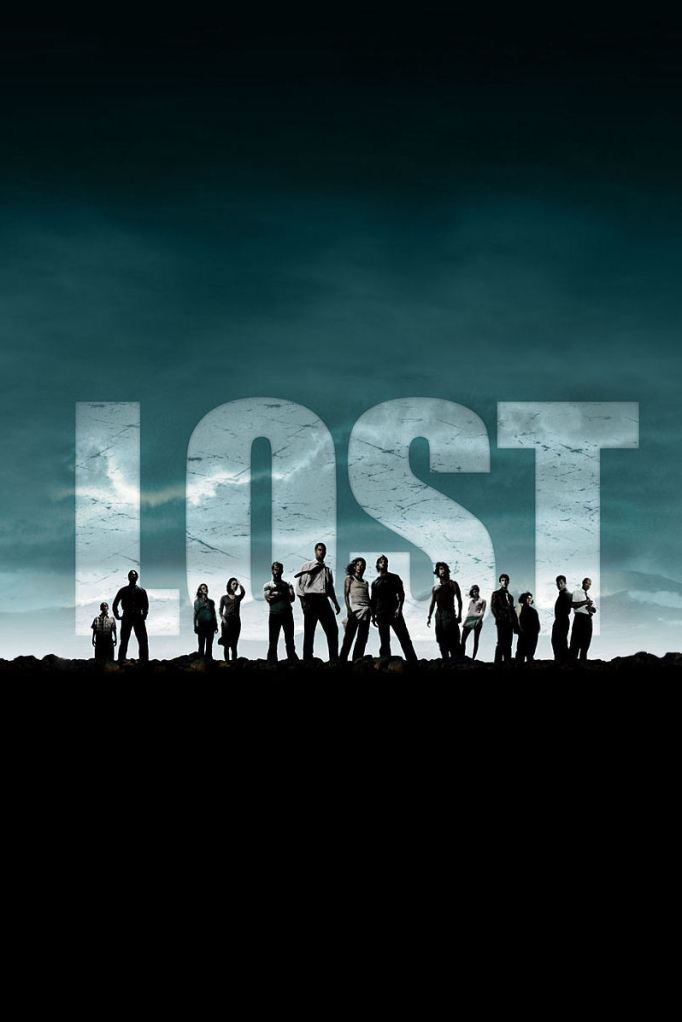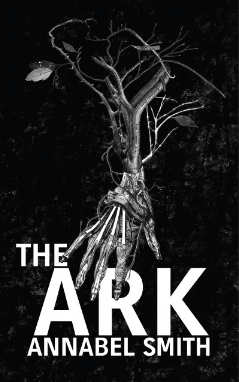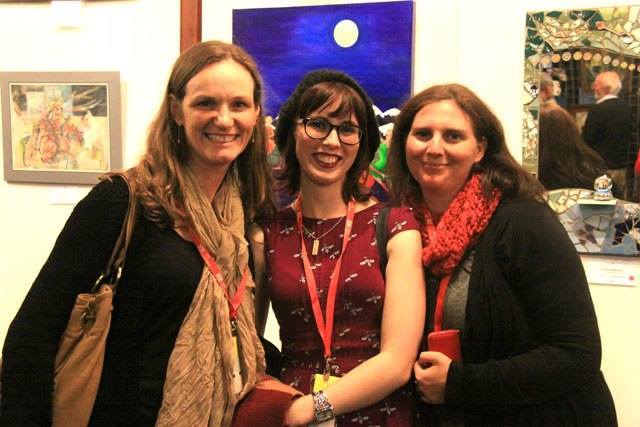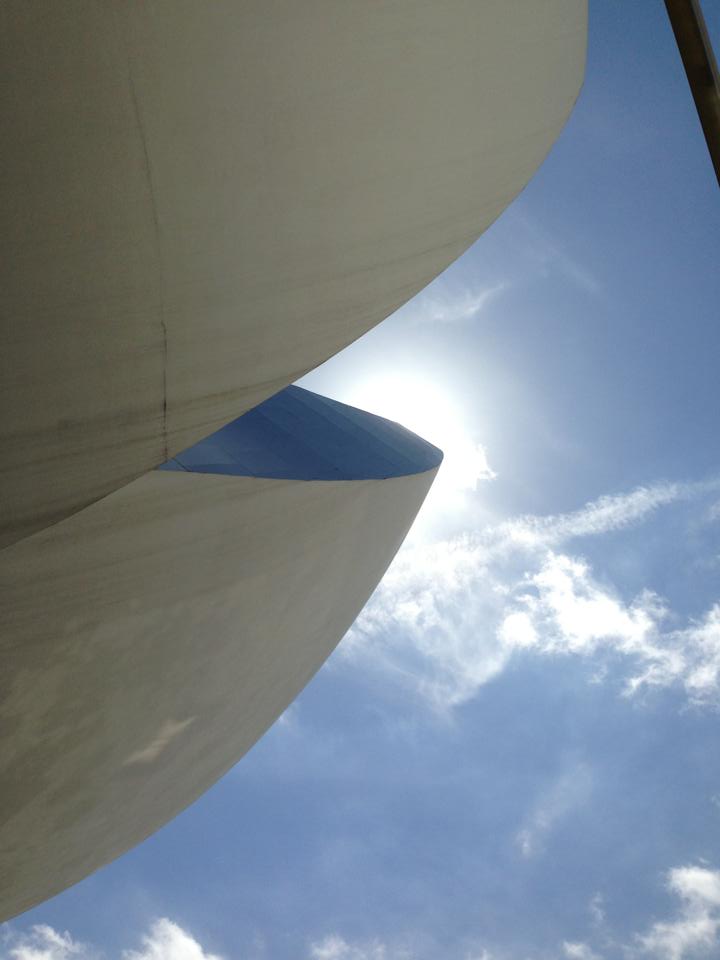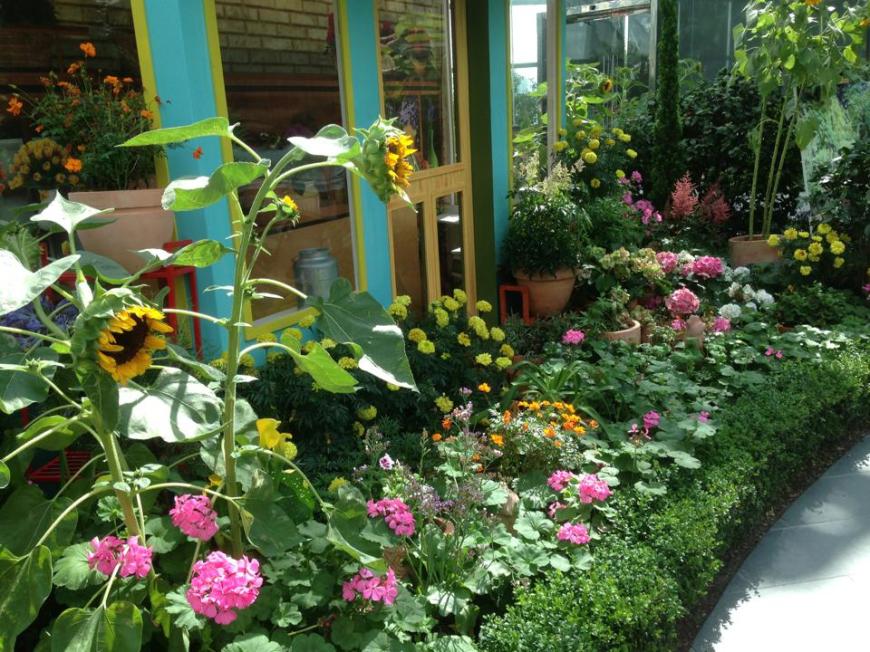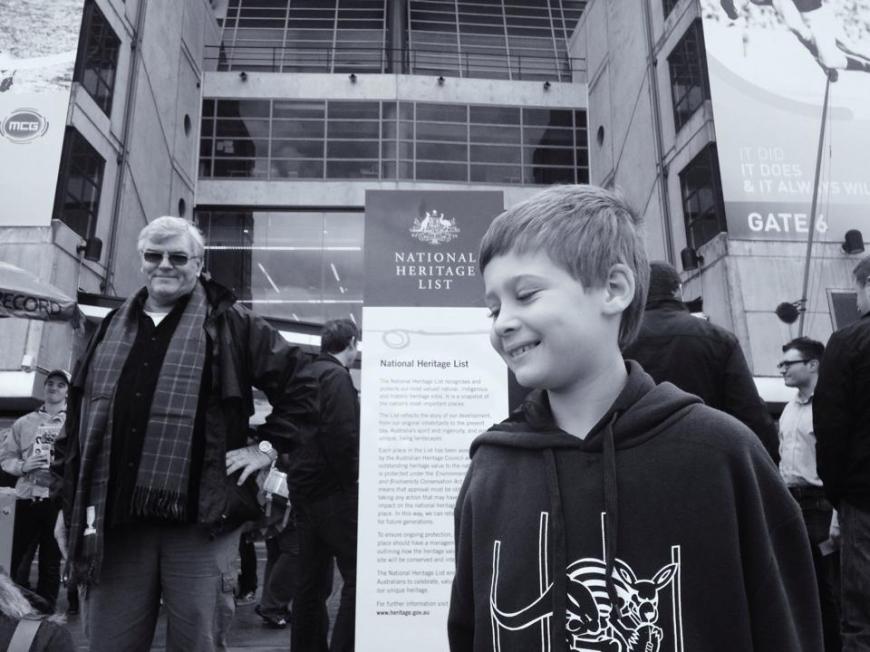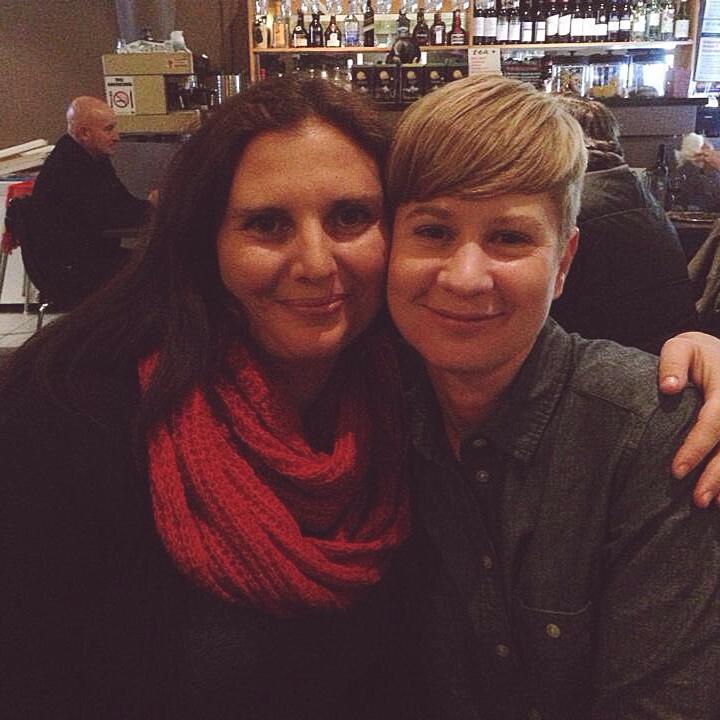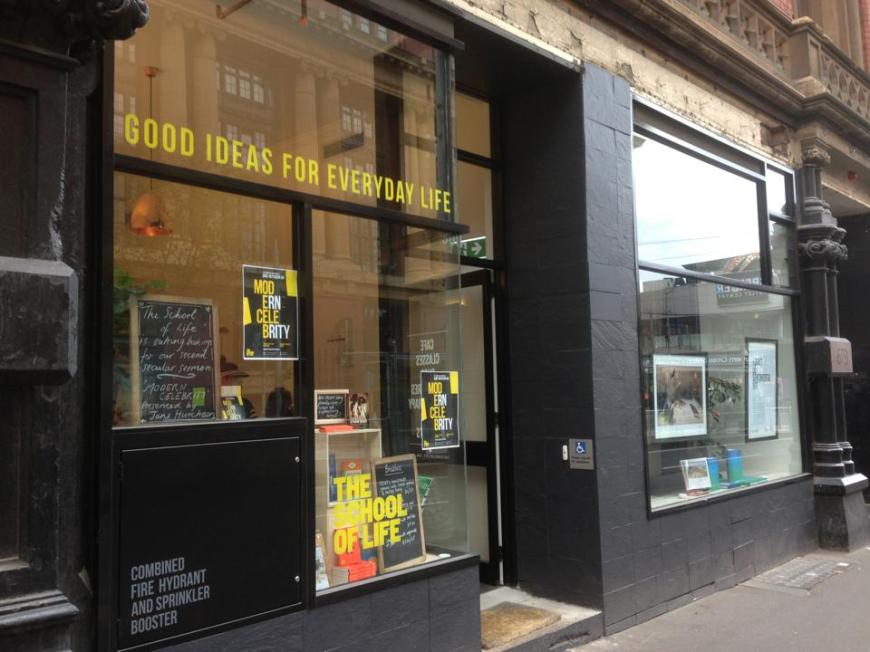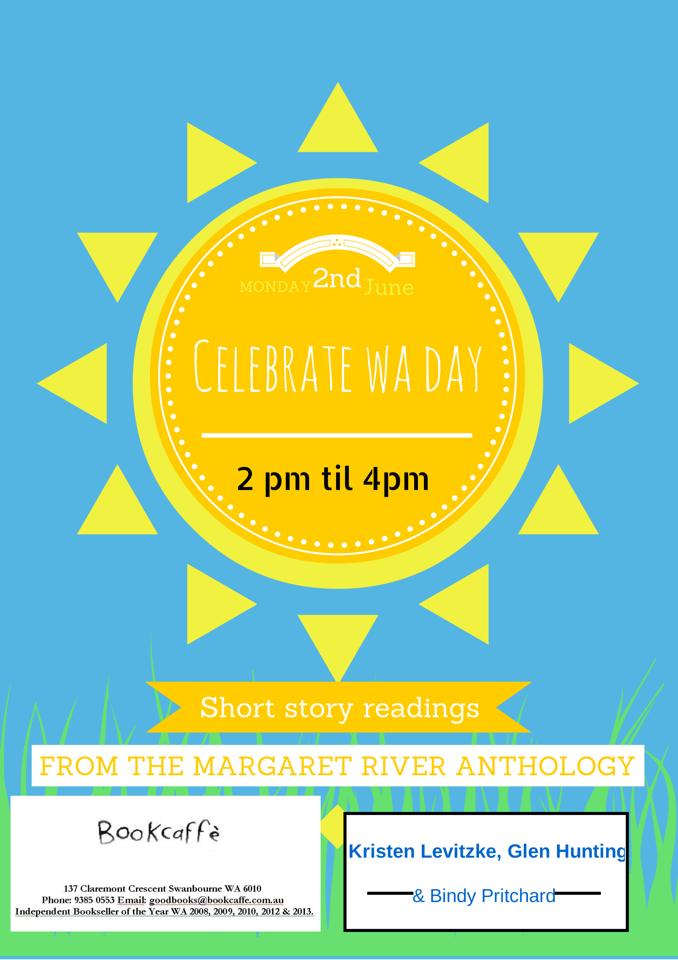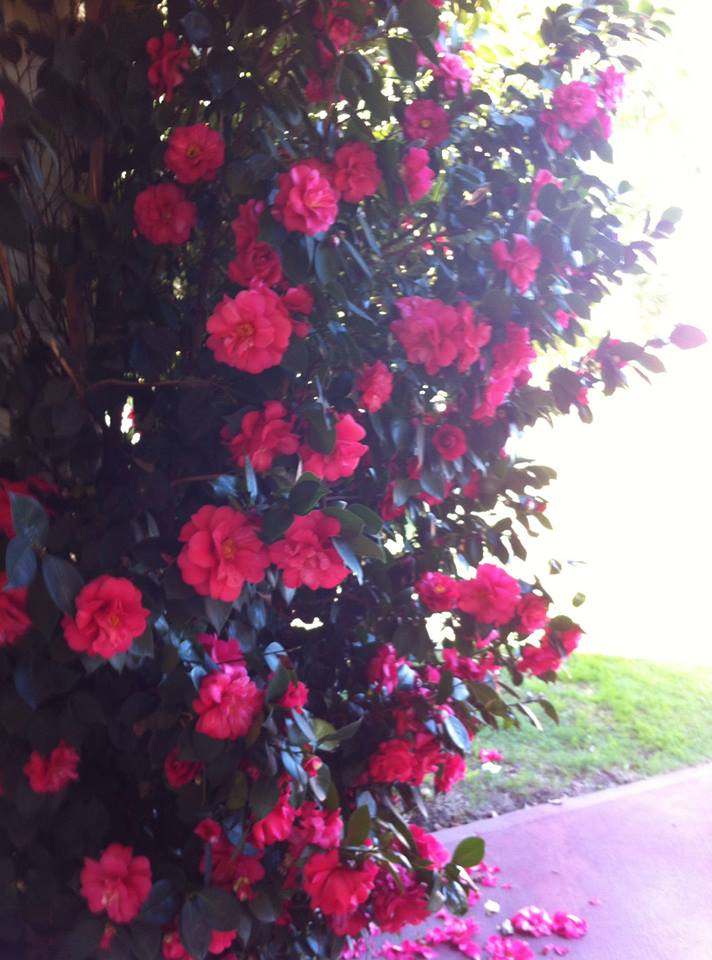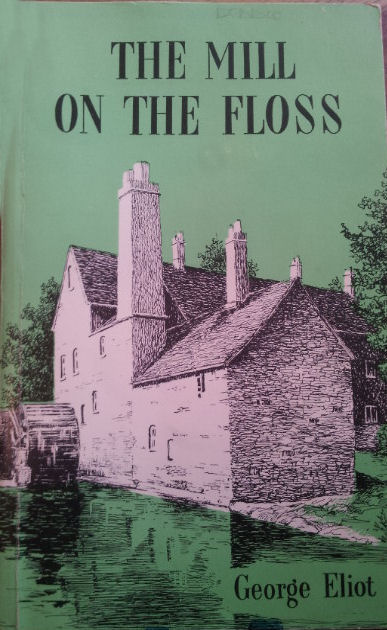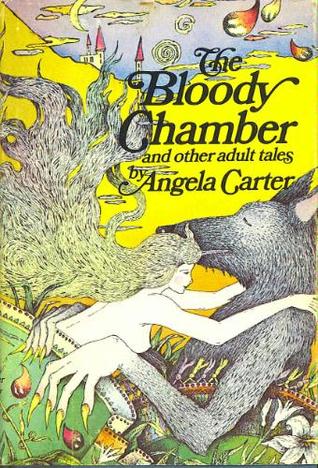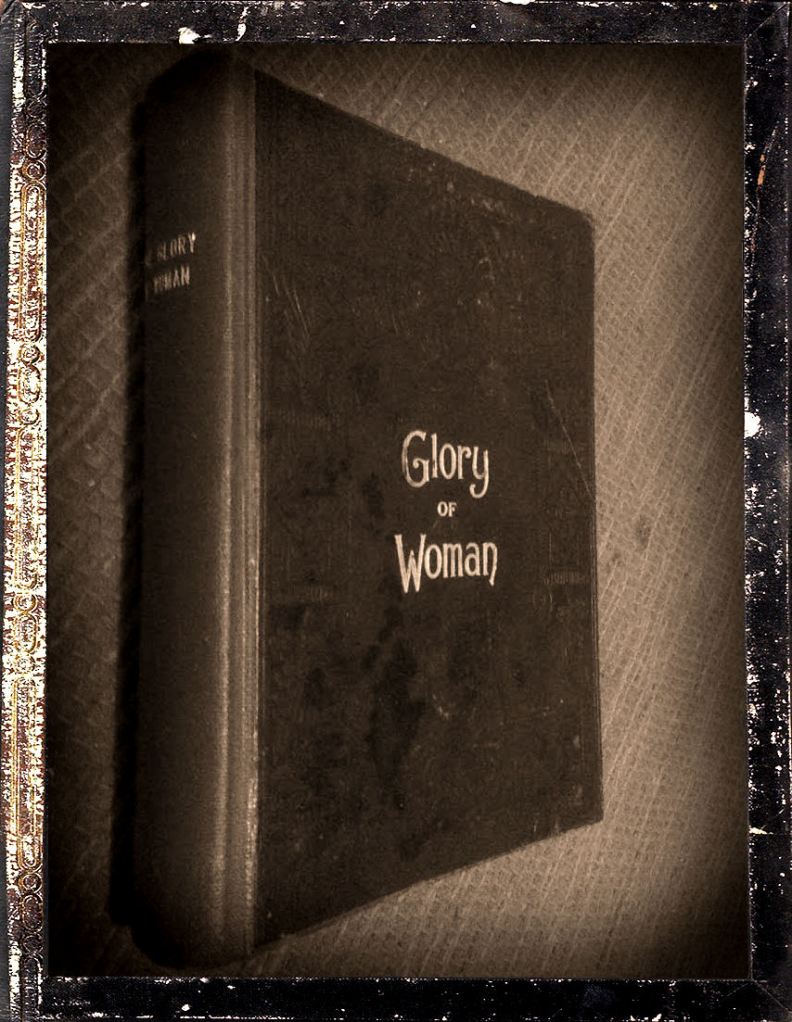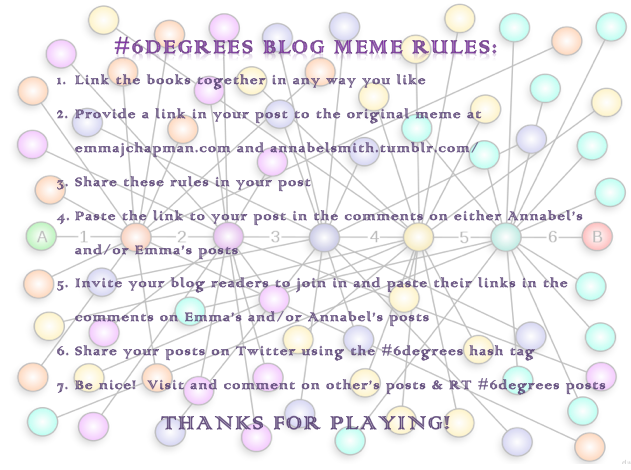‘The eye recovers some of the perceptual innocence of childhood, when the sensum was not immediately and automatically subordinated to the concept.’
-Aldous Huxley, The Doors of Perception
‘You taught me language, and my profit on ’t
Is I know how to curse. The red plague rid you
For learning me your language!’
-Caliban, Shakespeare, The Tempest
As a teenager, Caliban’s speech resonated like little I’d read before. I was a sensitive child, and already besieged by words, chatter, ‘busy brain’, a whole parliament of conflicting ideas and judgments, making noise in my head. Oh that I had not language to mess with this pretty world!
Of course, I have a love-hate relationship with language; I love words, how they play together, how ‘conundrum’ and ‘ointment’ and ‘verisimilitude’ sit on my tongue.
I’m currently reading The Doors of Perception by Aldous Huxley. His prose makes me love language, because he so aptly expresses his experiences and reflections. His writing is like meeting an old friend for tea and easy banter. Fascinating to me, the odd simpatico of this moment: I’ve been contemplating consciousness and I’ve taken a deep dive into the metaphysical. I’ve been learning about transcendental meditation and mindfulness, in part, to shush the ego and help my busy brain to rest.
The Doors of Perception set off a small explosion of recently idle neural pathways: Lost, The OA, Devs, Vanilla Sky, Black Mirror, Oliver Sacks, Margaret Atwood, David Lynch, philosophy, neurology, the life of the mind; so many thoughts that excite me. I’m no genius, not like the minds that made some of the great art listed above. My memory and word retrieval capabilities have diminished over the last year. However, when I read the work of Huxley, I have the heartening feeling that I am known in some way; that other people have had the weird and fleeting and often inaccessible thoughts I’ve had. Those thoughts are inaccessible because they are so transient. Unless they’re written down in the moment, they’re lost. There is a tribe out there who enjoyed The OA, who loved Lost, whose brains toy with ideas about quantum physics and the metaphysical like a plaything that keeps rolling out of reach. I don’t think I have the brain power to grapple with the specifics of these ideas, but they ignite such fervent curiosity, wonder, and awe.
I’ve also been reading Phosphorescence, by Julia Baird. It is preoccupied with wonder, and the way awe and engagement with the natural world interacts with physiology. The Doors of Perception acknowledges that perception of the natural world is only accessible by virtue of our senses and consciousness; that we are a part of it; nature, the infinite, the absolute. The common thread in both books is the dissolution of ego; Baird, through mindfulness and engagement with the senses, Huxley’s through transcendence and/or mind-altering pharmaceuticals. Both texts explore that Nirvana, that empty mind space unencumbered by the ability to ‘think straight’, to remember, or postulate.
‘Successfully (whatever that may mean) or unsuccessfully, we all overact the part of our favourite character in fiction.’
-Aldous Huxley
We all must do our merry dance between the world of ego, and of simply being. Mindfulness, nature-bathing and transcendental meditation might be the best-known ways to stop ‘overacting’ our chosen part, to find a space where time is unimportant, where you can lose yourself. I have not yet mastered the art of transcendental meditation, and I’m disinclined to take any pharmaceuticals that are not prescribed by a qualified professional, because I suspect I have a fragile mind; I don’t think it would work out well for me. So instead, I lose myself at the beach, and in the forest, but mostly, when I write. Writing reminds me that ‘I’ can disappear sometimes, until I’m wrenched back to the present, and there’s a startling sense of: ‘I wrote that?!’ I remember that ‘I’ is nothing, and everything, and the ‘I’ who is here right now is a thirty-eight year old woman, who has the privilege to choose to consume great art, to resonate, to explore and wonder. Without ego, my children would go unfed, but I’m learning how to lose language when I choose so I will not go the sour way of Caliban.

